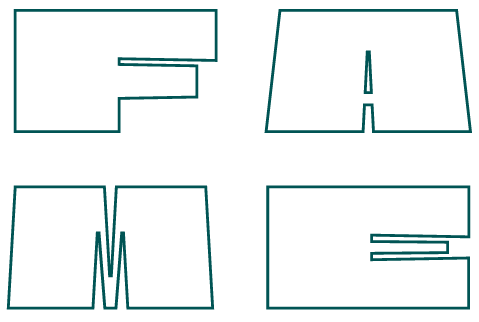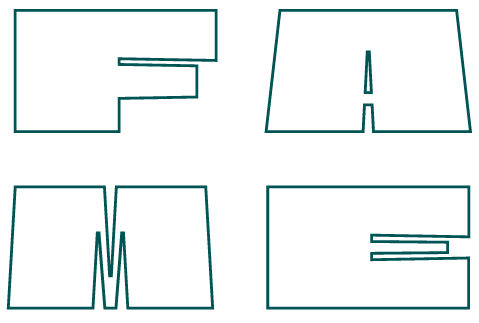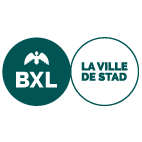About
FAME is a multidisciplinary, mixed media performing arts festival which aims to encourage the discovery of new, fairer, and more inclusive narratives and imaginations. This is done through the exhibition of works and reflections produced primarily by women and gender minorities.
The festival takes place yearly in the month of September at a variety of venues across Brussels. The programme consists in theater, circus, performances, concerts, film screenings, conferences, and workshops curated by people who think, people who create, people who fight…
Every year, the festival programme hosts both international and domestic artists (francophone and Dutch-speaking) as well as emerging, established, and young artists. In addition to the artists, FAME also invites grassroots associations, collectives, and activists to the festival to give voice to their work and to create networks and bridges between arts, politics, and ongoing initiatives.
Visions
This is not a feminist festival.
This festival doesn’t pretend to be a substitute to the sociopolitical fights that have contributed to advances in women rights and those of gender minorities in the struggle for justice and equality. This is an arts festival, but also a festival for reflection, games, discovery.
And joy too.
The function of artists is not necessarily to educate, to cultivate, to make people more intelligent or less obtuse… though this can indeed happen. Artists are individuals who simply create art. Whether they are full-time or part-time; artists on weekends, on Sundays, one day a month or even once a year, they nevertheless contribute to our imaginary worlds.
Some of these worlds are more egalitarian or more inclusive than others and it is these that we want to share with you.
As stated above, this is not a feminist festival.
This is a festival that is feminist in its conception, its creation and in dialogue with feminists.
It is a festival that values and promotes the work and creations of female and gender minority artists, people of colour, white people, cis and trans, non-binary people, homeless people, those with or without savings, those with or without disabilities visible and invisible, lesbians, heterosexuals, bisexuals, those with or without families, professionals or amateurs and those from the present, past or future…
In the broad and troubled sense.
This is a festival for those who believe that women and gender minorities also have a rightful place in the world.
Come to the festival alone or with your chosen family, with your friends, children, grandparents… You will find a space for everyone and anyone.
Missions
1
To contribute to the visibility, dissemination and valorisation of the work and productions of women and people from gender minorities
2
To facilitate the creation and exhibition of new, fairer, and more inclusive narratives.
3
To support the production and dissemination of knowledge on the dialogue between the arts and feminisms.
4
To offer emancipatory tools for women and minorities in the cultural sector.
5
To create a place for knowledge exchange and learning for the general public.
6
To change welcoming and accommodation practices towards artists and audiences and to rethink inclusiveness and safety in the organisation of and during the festival
Previous editions
Discover our previous editions through these dedicated links, where editos, posters, photos, recordings, programs and partners invite you to relive the delights of our shared memories.





